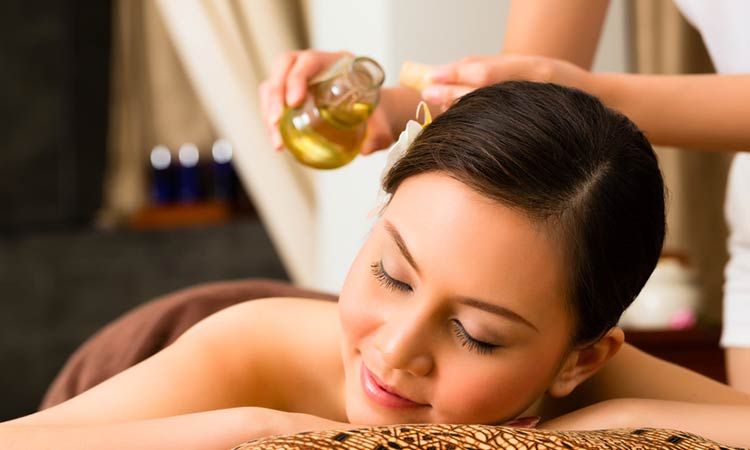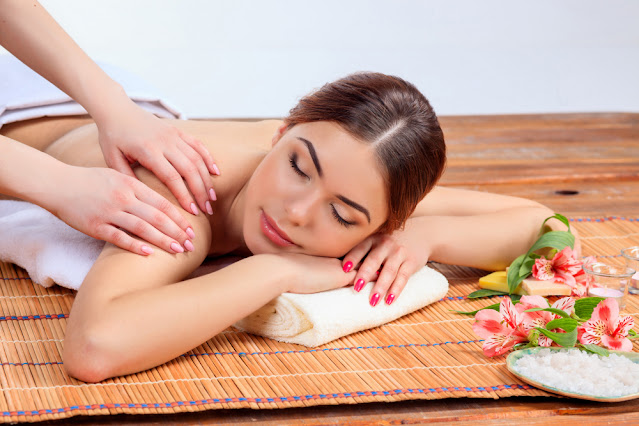Ayurveda, the ancient wisdom of holistic wellness has proven its mettle over the centuries through its effective treatments, comprehensive approach, and viewing an individual uniquely as per his distinguishable constitution. Behind this science, lies the powerful role of medicinal herbs and plants which happen to be an integral part of the entire system of Ayurveda. These herbs are not stems and leaves which are infused in various oils and concoctions but are a mindful and therapeutic way of addressing a certain issue from the root cause and gently and eventually healing the problem without giving any side effects. When it is said that Ayurveda relies on traditional remedies, it is not just the herbal wisdom that comes into play, but it is also the adaptation of the application of these herbs as per the requirements of the modern wellness needs. Today, more and more people are moving towards Ayurvedic treatments in Kerala because of its authenticity and preservation, as well as revival of Ayurveda to meet the needs of the modern man. Ayurveda today is not just limited to Indian kitchens but it has evolved to find its place in the modern clinics and proven the testament of time as well as the researches of modern science. There are n number of Kerala Ayurvedic rejuvenation treatments which people seek, whether it is coming for a wellness vacation or visiting for a therapeutic detox treatment. Kerala not only happens to be the perfect destination for Ayurvedic wellness, but also the topmost place for traditional and authentic healing, along with relaxation and mindfulness.
Herbs the backbone of Ayurveda
The magic behind Ayurveda is the herbs that are used in its various treatments, recipes, and concoctions. The reason that Ayurveda is addressed as a holistic wellness science is because it addresses the three doshas of the body Vata, Pitta and Kapha. Ayurveda tries to balance these doshas so that the person can not only get rid of the issues that he is facing, but he can also avoid various lifestyle problems and enjoy the preventive benefits. This is where the role of herbs comes. Herbs are basically medicinal plants whose leaves, roots, stems, seeds etc. are used in various forms to offer medicinal, therapeutic, and nutritional benefits.
Role of ayurvedic herbs in Panchkarma
Preparatory phase (Purva karma) – The preparatory phase before the intense Panchkarma treatment makes use of oils and ghees which are infused with herbs like Amla, Trifla, Dashamoola etc. to allow the body to prepare for the intensive cleansing.
Detoxification phase (Pradhana karma) – The detoxification phase is wherein the herbs are used as supportive elements in the various stages in the Panchkarma treatment to allow the flushing out of toxins from the body.
Post detoxification/ Rejuvenation phase (Paschaat Karma) – After the detoxification process is completed, the herbs are given to the patient to support in rejuvenation and rebuilding of strength and immunity.
Major herbs that have made a comeback in modern times
Amla (Indian gooseberry) – Amla is a rich source of vitamin C and actory oxidants it is used in the Panchkarma detoxification process to help in the post detoxification phase to build immunity
Turmeric (The golden nectar) - Turmeric the golden nectar is a code herb of Ayurveda which is used in day to day food as well as in the post Panchkarma phase to build immunity an anti-inflammatory properties.
Shatavari (Queen of herbs) – Shatavari is especially given to women. In Panchkarma it is used in the form of concoctions and tonics to help improve reproductive and digestive health.
Bala (For joint strength in Panchkarma) – Bala is an essential herb used in Panchkarma treatments, especially in the Preparatory phase and Rejuvenation phase by infusing it in oils to be used in the Abhyangam (oil massage) therapy.
Dasamoola (Group of 10 roots) – Dashamoola is a rare Ayurvedic herb which is used in the form of herbal decoctions to deal with respiratory problems and building immunity.
From kitchen remedies to clinical therapies
Traditionally the ayurvedic herbs are an integral part of the Indian kitchen. Herbs like Turmeric, Golki (black pepper), Dalchini (Cinnamon), Ginger are used in everyday curries, teas, kadhaas etc, in endless recipes that are relevant and still practiced today, over generations.
"Ghar k nuskhe" (home remedies) or "grandmother's advice" is carried out in the day to day rituals. These are Ayurvedic practices which have always been followed and are today backed up by modern science, to find place in clinical therapies and validate the application, efficiency and authenticity of these herbs.
Why the revival of Ayurvedic herbs matter today?
· It's now more important than ever given the pollution and poor food choices.
· To keep the tradition of Ayurvedic practices alive.
· Deal with modern health care problems like stress, anxiety and lifestyle problems like diabetes and blood pressure.
· Support preventive healthcare.
· Aid in wellness tourism.
Conclusion
The journey and application of the Ayurvedic herbs from simple and effective kitchen recipes to modern day clinics has been a testament to the efficiency and universality of these herbs especially in modern times like today. In Kerala especially, this revival is not just about addressing health issues but keeping the Ayurvedic tradition alive and evolving to meet the modern needs. If you are interested in exploring the various benefits of these Ayurvedic herbs and getting a customized treatment for yourself, consulting the specialized treatments offered by credible institutions like Lokah Ayurveda can be an excellent choice.






Comments (0)
Login to post a comment.